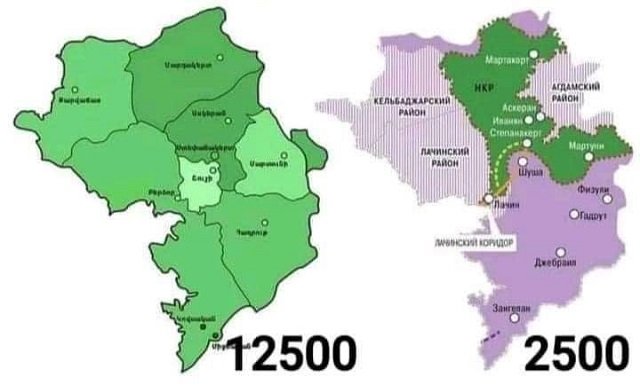Recently, I watched an episode of Ruzan Khachatryan’s “The Well-Known Unknown” dedicated to Vladimir Movsisyan with pleasure.
The episode was very educational in many ways. How a statesman is different than a politician who is worried about their image and seat of power, how a patriotic person who cares about their homeland works against “shining” quotes filled with empty promises, and how to know and feel Armenia, even the narrow rural roads and paths.
Within this context, the episode reminded me of how the deputy chair of the Council of Ministers, Movsisyan, carried out the demarcation efforts between the Armenian and Azerbaijani SSRs in 1984 without worrying about his personal power or even safety.
This episode forced me to remember another one of Movsisyan’s important character traits: his desire and ability to learn. During the transitional phase between two eras- from April till October of 1990- Movsisyan was the First Secretary of the Central Committee, and he had a great responsibility, especially from the perspective of establishing relations with Moscow.
Read also
Especially during that time period, he would gather intellectuals from different sectors and hold consultations with them. My father, who was close with Movsisyan at the time, remembered how he would sometimes interrupt people and say, “I don’t understand that, can you explain it to me?” Now imagine that the current Prime Minister, even within his small group, confessed that he doesn’t understand something.
Every time period and every society pushes forth their leaders. The Karabakh Committee of 1990 and Pashinyan and My Step of 2018 were both brought to power from the streets. Now, what is the reason that the founders of the Third Republic (all of their flaws notwithstanding) were able to learn and understand the methodology for governing a state and the essence of international relations, and, in particular, they were able to take the serious situation surrounding the Artsakh issue into one that was somewhat better by securing military victories, but the members of My Step did the opposite: they took a somewhat calm situation and turned it into defeat?
The answer is obvious to me. The streets and leaders are different from one another. The revolution of 1988-1990 brought forth educated leaders (thanks to the Soviet system), but the revolution of 2018 brought forth irrelevant but “persuasive” orators. As far as what changed in terms of education over the past 30 years, and what changed in our understanding of homeland and state, I will speak about that another time.
But here, I will bring forth a personal example, which is very remarkable. The ignorant masses can be fed with any stupidity. For example, the stupidity that we could have had the same outcome as a result of negotiations as we had through losing the war. Arman Grigoryan spoke about this in more detail in the article published. In other words, in order to change Armenia, we need to change the ‘streets.’
… Before he died a few months ago, I met with Vladimir Movsisyan near the NAS library, which is where his office was. He said, “I’m not doing well physically; I have that dirty illness.” Using his same expression, I must say that the illness our society has is even “dirtier.”
Aram Abrahamyan




















































